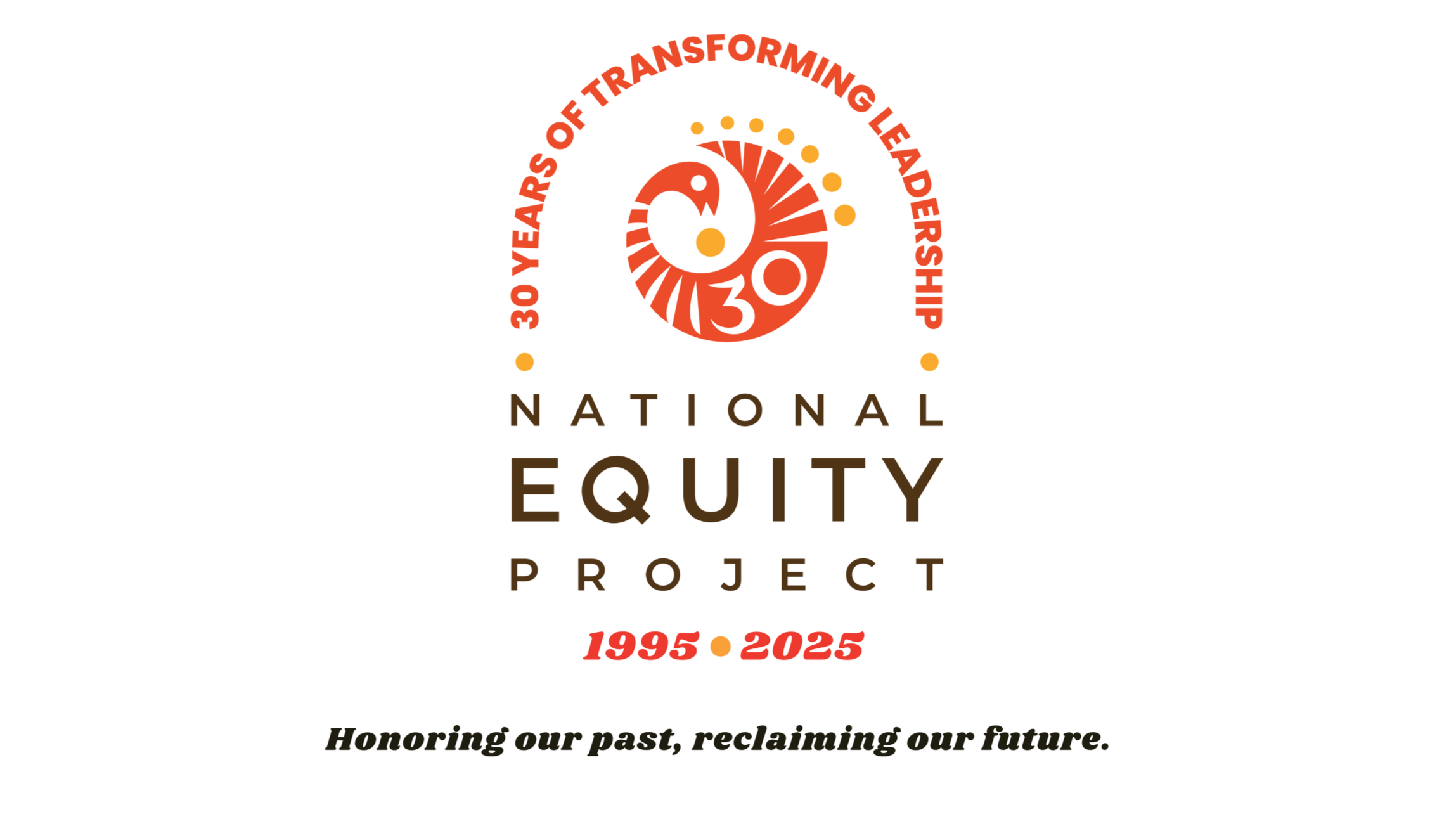30 Years of Transforming Leadership in Public Education
The National Equity Project has been at the forefront of advancing equity in education systems through leadership development for three decades. From our origins as a regional hub of the Coalition for Essential Schools to becoming a national leader in equity-driven system transformation, our history reflects an unwavering commitment to creating conditions for better educational experiences, outcomes, and life options for historically underserved young people.
1995: Bay Area Coalition of Essential Schools Founded
Founded as a regional hub of the national Coalition of Essential Schools, with Steve Jubb as Executive Director. Our work focused on spreading and supporting schools in the Bay Area to incorporate the CES Common Principles, emphasizing personalized learning, project-based instruction, and democratic education principles rooted in John Dewey's concept of democratic pluralism.
1997-1999 Becoming the Bay Area Coalition of Equitable Schools
In 1997, BayCES played a crucial role in adding the 10th Common Principle on Democracy and Equity to CES Common Principles. In 1998, we changed our name to the Bay Area Coalition for Equitable Schools to make explicit our commitment to addressing historical and institutional racism, classism, and other biases. This marked our shift to unapologetically centering equity in all our work.
2000-2008: Small Schools in Oakland and the East Bay: Transforming a District Through Community-Driven Reform
BayCES partnered with Oakland Unified School District and Oakland Community Organizations (OCO) to implement one of the most successful community-driven school reform efforts in the country. With the support of over $40 million in investment from the Bill & Melinda Gates Foundation and other partners, we facilitated the design and launch of over 40 new small schools, established the Small Schools Incubator, and co-led OUSD’s comprehensive Expect Success district redesign initiative. We hosted our first Leading for Equity Residential Institute in 2002 as a way to deepen and catalyze leadership and collective agency in the design teams we supported. Oakland was the most improved large district in California from 2004 to 2009.
2007-2010: Building National Capacity for Equity Leadership
Following Steve Jubb's retirement, LaShawn Routé Chatmon became Executive Director in 2007. We received $1.8 million from the W.K. Kellogg Foundation to expand our Leading for Equity programs nationally, setting the stage for our transformation into a national organization. We also transferred the Small Schools Incubator to be fully managed and led by OUSD.
2010-2018: Becoming National Equity Project
BayCES became the National Equity Project in 2010, launching a national effort advancing educational equity. We partnered with thousands of schools, districts, and organizations across the U.S. and developed groundbreaking frameworks including Liberatory Design in partnership with colleagues from the Stanford d.school. In 2015 we launched our Center for Equity Leadership, training 1000s of leaders through open-registration professional development and five cohorts of our Leading for Equity Fellowship program (2016-2021). In 2016, we became the fiscal sponsor of the Black Teacher Project, which became a program of NEP in 2020.
We joined the BELE Network in 2017, a national effort to unite educators, researchers, and organizations to develop evidence-based practices for equitable learning. We later became a core learning partner, co-leading the initiative.
In 2018, we articulated our Leading for Equity Framework, providing a grounding frame of reference for our programming integrating the disciplines of equity, complexity, and liberatory design.
2019-2025: District Networks and Systems Change
From 2019 to 2023 NEP led the BELE-NEP District Network, partnering directly with a national cohort of districts to apply our Leading for Equity approach. We expanded our strategic communications, publishing resources on Youth-Adult Co-Design and Adaptive Strategic Planning for Education Leaders.
In 2020, the COVID-19 pandemic required the organization to pivot to delivering virtual services and programming while maintaining our attention on creating humanizing learning environments. When restrictions were eventually lifted, we returned to in-person delivery while continuing to expand our virtual offerings, including the launch of our asynchronous learning platform, CEL Online. During the pandemic we also expanded our clientele to include organizations from health care, government, media, and tech. While our approach successfully supported leaders in these sectors, in 2024 we redefined our strategic direction to refocus our work on protecting and transforming public education
Looking Ahead: Honoring our Past, Reclaiming our Future
In 2025, we celebrate 30 years of transforming leadership by setting an ambitious aim for transforming public education in the next decade. By 2035, National Equity Project will transform experiences and outcomes for 5 million young people by equipping education leaders to create learning environments where young people are seen, supported, and prepared to learn, thrive and contribute to a diverse society. Deploying our 30 years of assets and experience, NEP is committed to achieving educational equity by developing leaders to transform system conditions for youth thriving.

